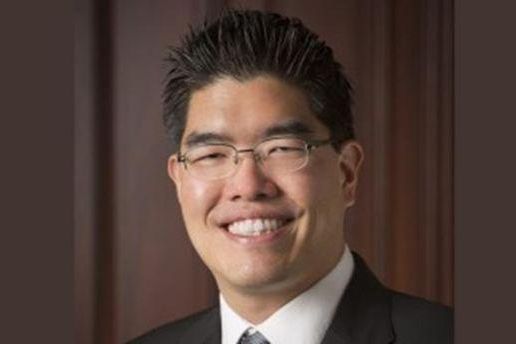Our Terms & Conditions | Our Privacy Policy
Lasting patriotism: How to leave a legacy people can be proud of
Patriotism in today’s society is a more complex and evolving concept than in the past, because societies are now more interconnected, diverse and globalized. At its core, patriotism still means love, respect and loyalty to one’s nation. But how people express it has shifted tremendously over time.
In the past, patriotism often meant unquestioning support for the state, its leaders or national symbols. Patriotism today is, however, less about blind allegiance and more about responsible engagement, inclusivity and striving for the common good of both the nation and the world. Today, many people view true patriotism as holding their country accountable and pushing it to live up to its ideals, universal values and promises such as justice, equality and freedom.
In a globalized world, being patriotic doesn’t necessarily mean being isolationist or hostile to other nations. Modern patriotism can include cooperation on global challenges such as climate change, pandemics or existential challenges stemming from artificial intelligence, while still valuing national identity. It is less about symbolic gestures like waving the national flag, and more about active contributions to society’s well-being. Supporting their local — and also global — communities, respecting norms, protecting values and showing solidarity during crises are all contemporary expressions of patriotism, I suppose.
Patriotism can go wrong when it gets tied too tightly to certain ideologies. When that happens, love for one’s nation can turn into exclusion, intolerance or even aggression against others. True patriotism is about love for one’s country and wanting it to thrive, but when it turns into the notion of “my country is superior to all others” or “only people who look or act like us are true citizens,” it’s no longer patriotism, but ideology-driven nationalism.
When society starts following a harmful or wrong ideology, it can feel overwhelming, but history shows that change is always possible. Hope survives even when ideology blinds society. There are always people who are willing to speak up for truth, protect the underprivileged and dream of something better for their society. Change doesn’t come from one hero alone. It comes when ordinary people decide to live differently, and their courage multiplies collectively.
Wrong ideologies eventually clash with reality, whether it is economic collapse, inequality or injustice. The good news is that the breaking point can be an opportunity for a change. Grassroots groups, local organizations and faith communities can embody a healthier vision of society when the mainstream goes astray. Leaders who care about people and prioritize justice over popularity can redirect society. Their courage can legitimize resistance and inspire collective action for all, regardless of their political aspirations.
When patriotism goes wrong, we don’t abandon it — we reclaim it. That means reshaping it around shared values, respect and responsibility, while resisting ideology that distorts love of nation into hate, exclusion or even violence. People want to feel proud of their country, so it is very natural to help them do so in constructive ways instead of suppressing their misled patriotism. Leaders must redirect societal momentum into efficient altruism, proactive community involvement and international cooperation.
Change doesn’t always start with a revolution — it can start with a conversation, a choice to act ethically or a refusal to accept injustice as the norm. It’s more effective to have open conversations about values among stakeholders and asking, “what kind of country do we want to build together?” When ideology hijacks patriotism, it often undermines the true meaning of democracy. Strong institutions, fairness and accountability keep patriotism grounded in shared values, not one side’s ideology. Even in divided societies, people still care about safety, family, dignity and justice. Those common desires can form a bridge for unity.
Values last longer than the people who proclaim them. When someone gives up comfort, safety or even their life for a cause, their values become so powerful they extend beyond their life expectancies. Patriotism is measured by their service, not slogans. Love for one’s nation is best shown through acts and behavior, whether on a battlefield, in community work or by standing up for justice.
People connect more to lived examples than to abstract ideologies. A legacy of sacrifice-driven leadership becomes a compelling human story. It makes their values real and relatable to a broader audience. That will create a huge impact. Remembering sacrifice also helps societies avoid repeating mistakes. When someone’s sacrifice becomes a legacy, the real lesson is that patriotism isn’t just about pride. It’s about responsibility to uphold what others gave so much for.
Daniel Shin is a luxury executive at MCM, venture capitalist and executive scholar who teaches at Korea University in the subject of entrepreneurship and innovation.
Images are for reference only.Images and contents gathered automatic from google or 3rd party sources.All rights on the images and contents are with their legal original owners.



Comments are closed.